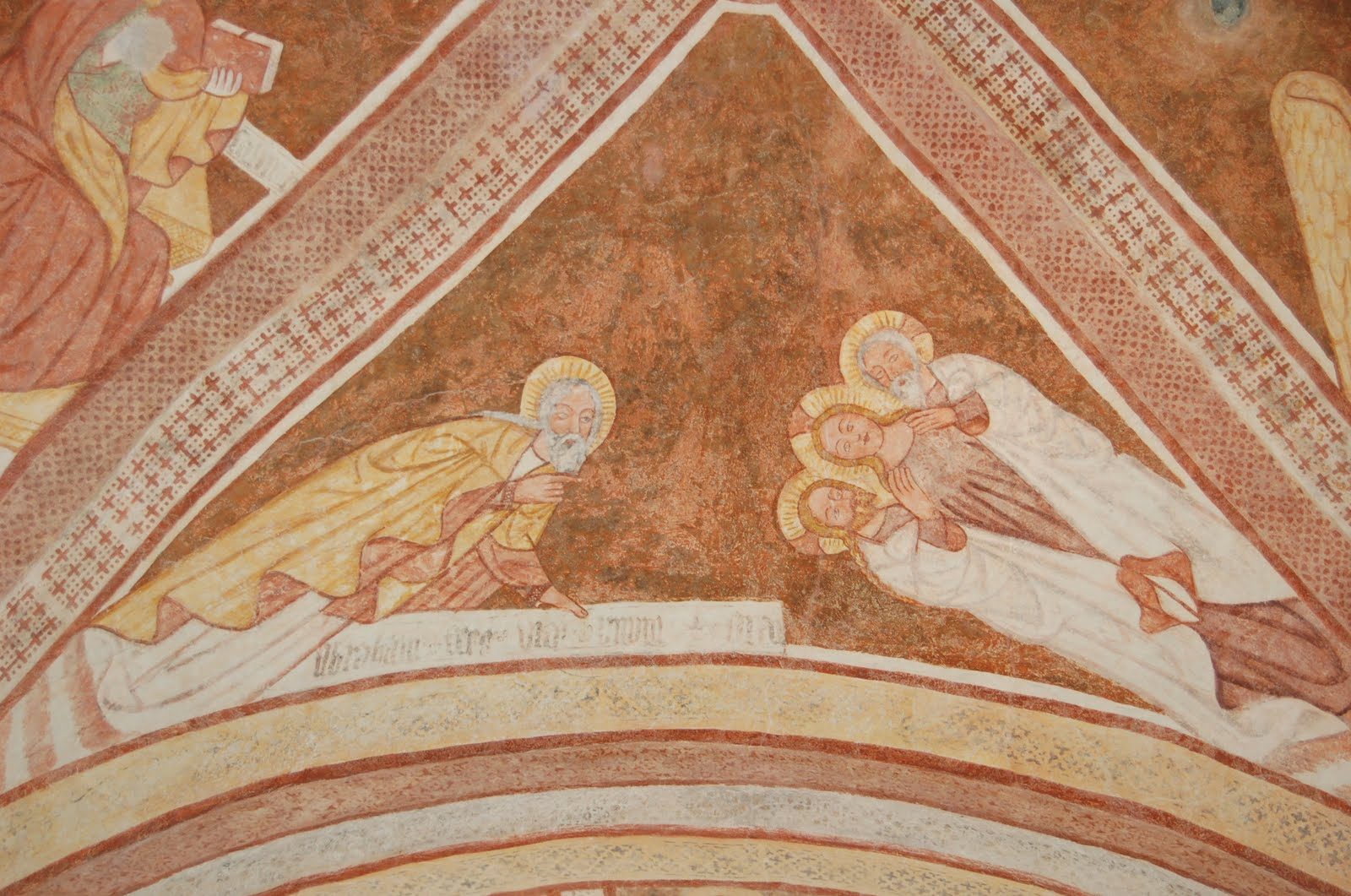John the Baptizer didn’t come eating bread or drinking wine, and you say, “He’s demonized!” The Son of Woman has come eating and drinking, and you say, “Look, a glutton and a drunk, a friend of tax collectors and outsiders!” But Wisdom is vindicated by all her children. (Luke 7:33-35, DFV)
This week I found Wisdom in Luke 7. The unnamed woman who comes in to Simon the Pharisee’s dinner party surprised me by looking like Woman Wisdom of Proverbs 1-9.
The Son of Woman
In seminary, I learned that Son of Man is more accurately translated Human One. But Son of Woman? It may sound unfamiliar, but that’s exactly what Jesus is. He is the Son of Woman and not the Son of Man, being not actually related to Joseph genetically. His humanity comes solely from Mary. He is a human one born of woman, and not seeded by a man. Jesus, of course, knew this.
And The Son of Wisdom
In light of this understanding of the female origin of Jesus’ humanity, Jesus mysteriously brings up Wisdom (Luke 7:35). Who is this Wisdom? She is God, sure, but why didn’t Jesus just say God? Was there something we should pay attention to here?
In the book of Proverbs, Wisdom is also a female, remarkable in a culture and time in which men saw women as naturally lacking public honor. Wisdom is actually not a very good Hebrew woman. The writer of Proverbs describes her: “Out in the open wisdom calls aloud, she raises her voice in the public square; on top of the wall she cries out, at the city gate she makes her speech…” (Prov. 1:20, 21). The city gate was where (almost always male) leaders met, and where the people went to the marketplace.
In Proverbs 8, again Wisdom features publicly: “beside the gate leading into the city, at the entrance, she cries aloud…” (8:3). Wisdom might be a, well…a loose woman, in that cultural context. What’s she doing outside the home, anyway? Why does she cry out to men?
Look, a friend of women!
And doesn’t Jesus know what kind of woman Wisdom is? Jesus could have said, in his summary of how the religious leaders judged him: “Look…a friend of tax collectors and outsiders and…women!” For, in just the next passage in Luke 7, a woman comes in to the religious party, uninvited. Jesus befriends her. She lavishes sincere love on him in a cool atmosphere. The rigid leaders cannot get over their suspicions about Jesus and take offense at the woman.
Jesus, however, knows that Wisdom has come home to Him in the form of a woman “vindicated by all her children,” or in other translations, “vindicated by her actions.” Jesus numbers those actions, damning Simon, his host, with every praise of the nameless woman: “she wet my feet with her tears and wiped them with her hair,” “she hasn’t stopped kissing my feet since she got here,” “she anointed my feet with ointment,” “she loved much” (Luke 7:44-47).
The woman “cries aloud” (Prov. 8:3) to the men there, but they refuse to hear Wisdom because she’s, well, that kind of woman.
Wisdom Is Where Jesus Is
So Jesus in Luke 7 offers us a new take on Wisdom, who Jesus vindicates here, when the religious folk did not approve. And Luke continues on with this theme of women publicly supporting Jesus in 8:1-3. He writes, “Now after that he went from one town and village to another, proclaiming and announcing the good news of God’s reign. The twelve were with him, as well as certain women who had been cured of evil spirits and sicknesses: Mary who was called Magdalene, from whom seven demons had gone out; Joanna, the wife of Herod’s steward Chuza; Susanna; and many others, who supported them out of their own resources.”
These women did not stay at home like they were supposed to. They left off cookie making and went with Jesus to support his work.
Church-goers need to get more acquainted with Wisdom, and see her as a public figure who is not afraid to speak to both men and women.

